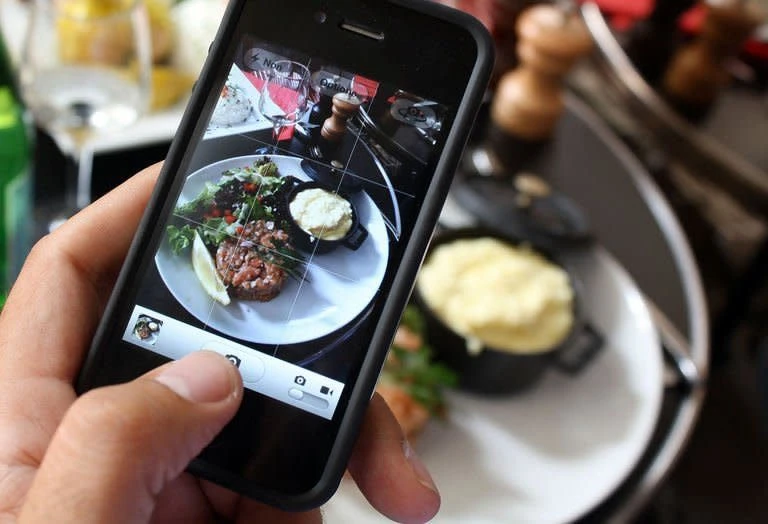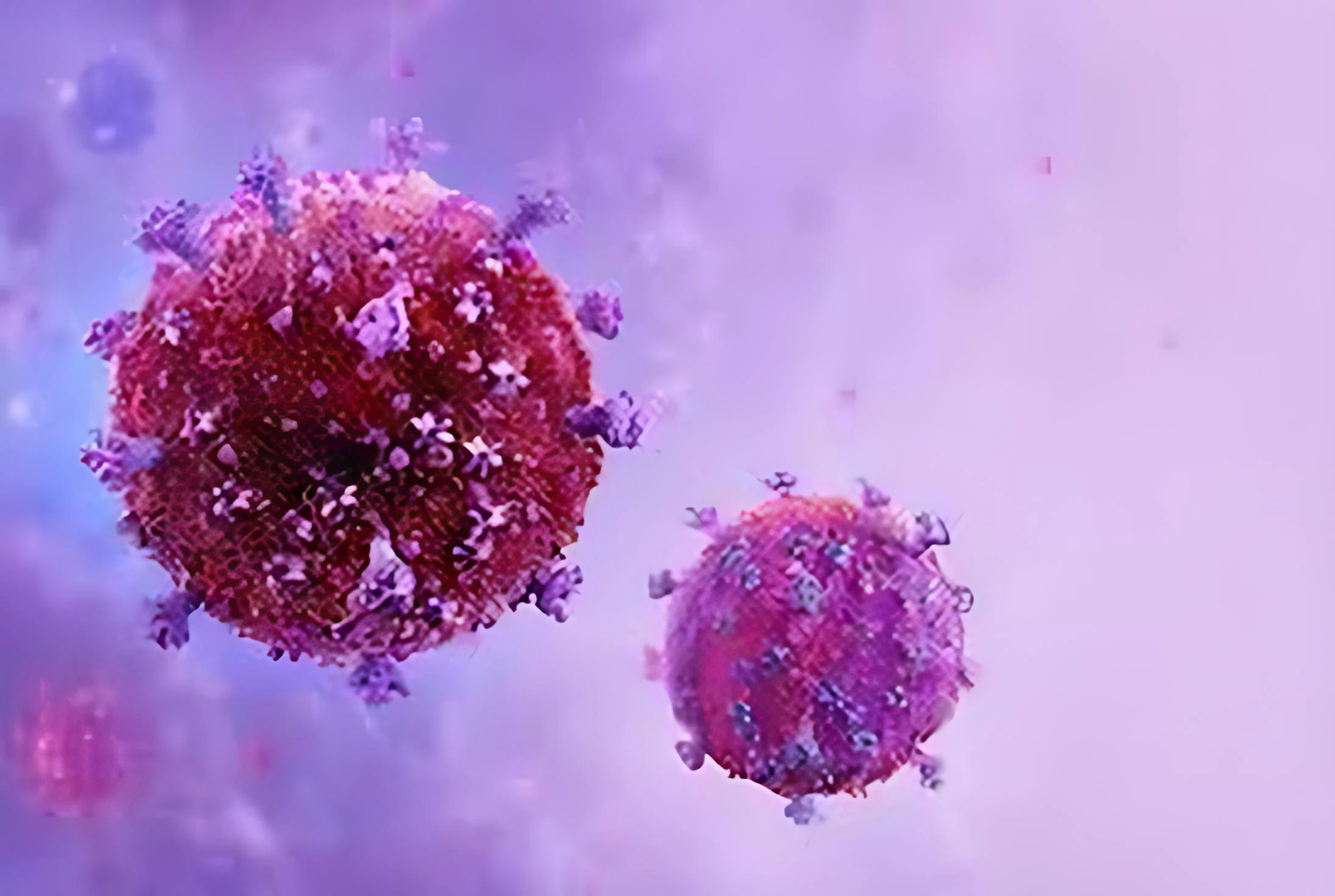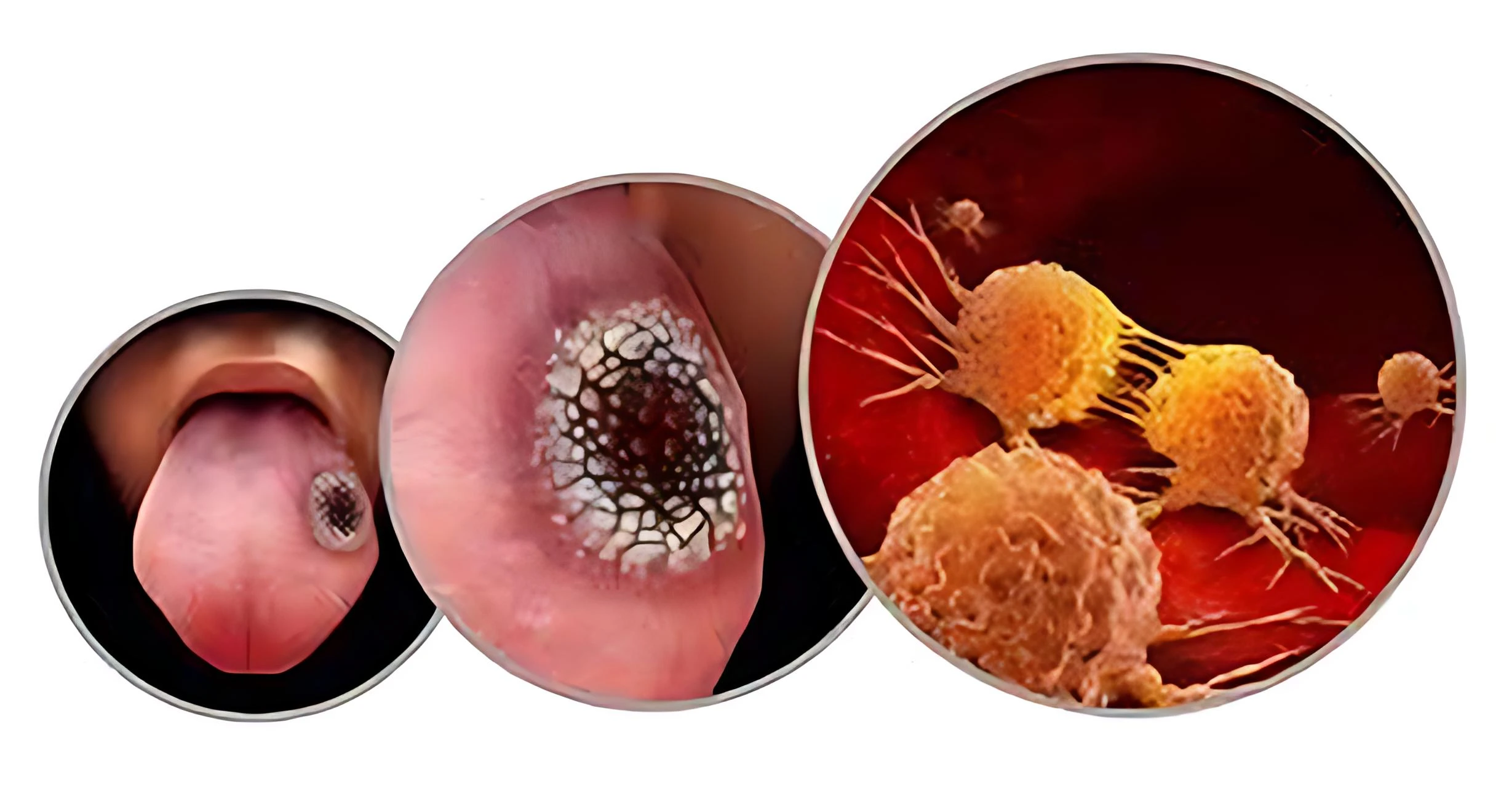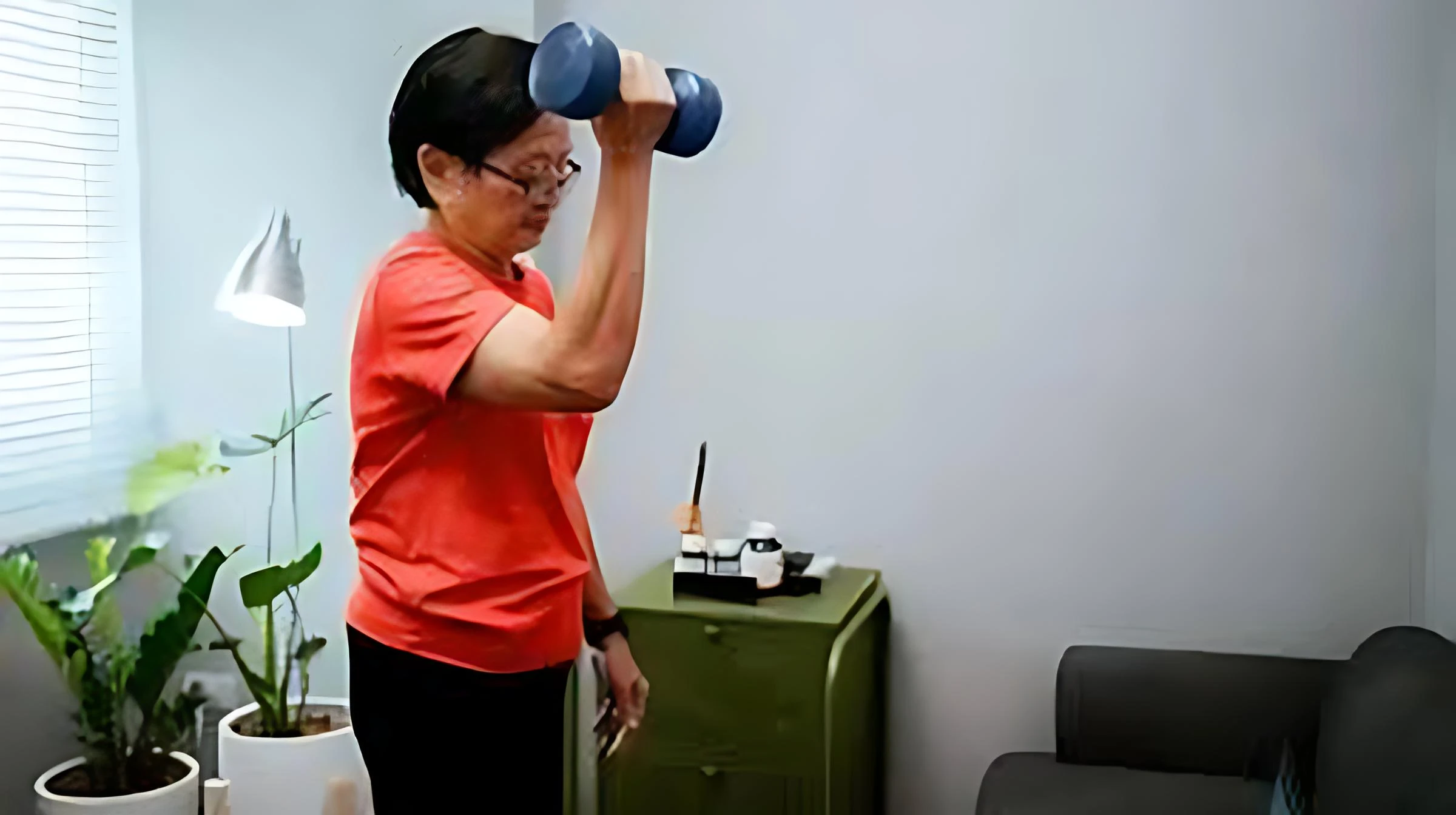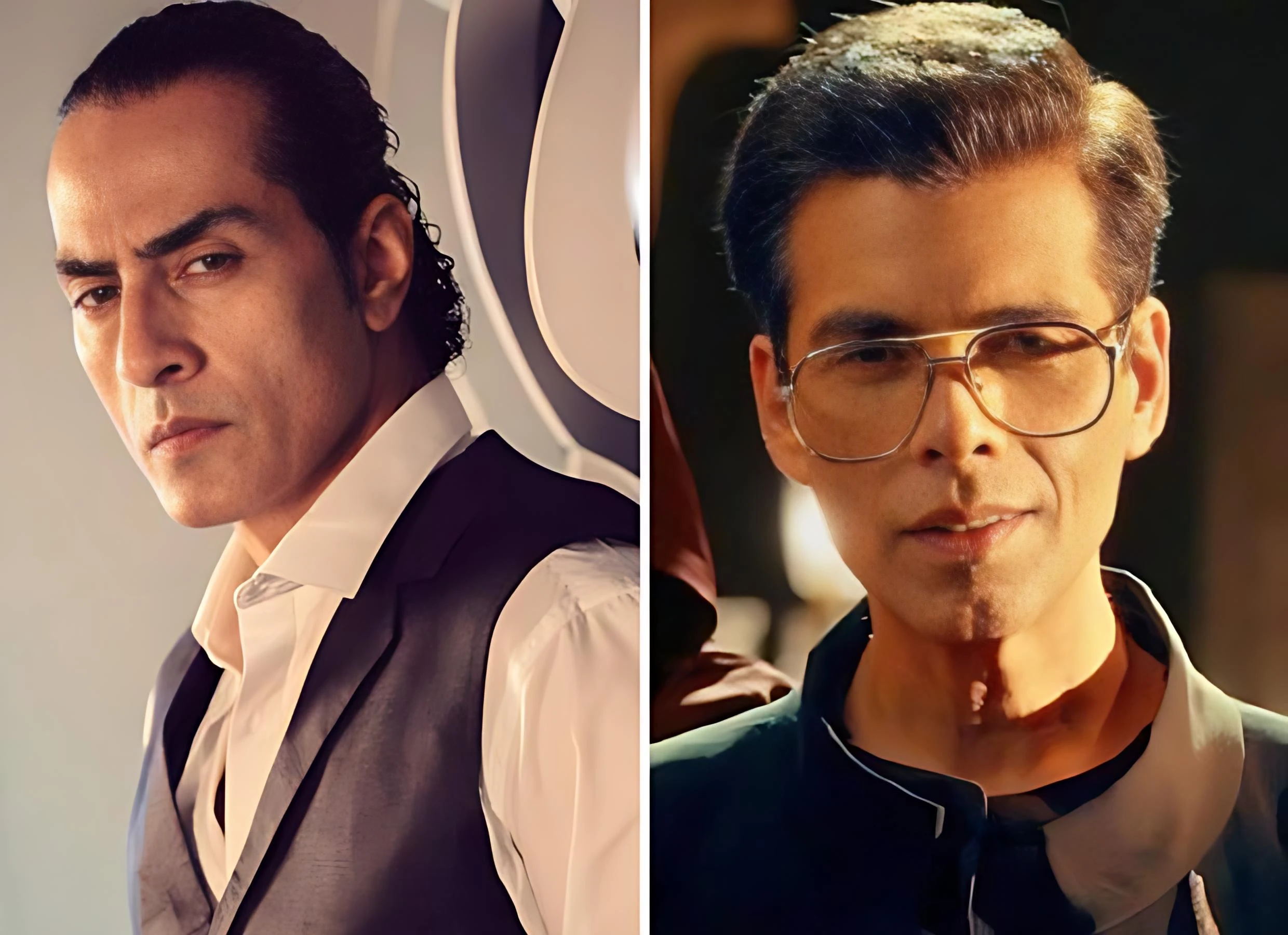Paris: At the heart of Europe’s culinary capital, artificial intelligence is stirring change in some of France’s top kitchens. During the annual Michelin Guide awards held in March, top chefs gathered in Paris and surprisingly, AI dominated the conversation more than stars and rankings.
Matan Zaken, the 32-year-old chef at the one-star Nhome restaurant, openly shared his excitement for using ChatGPT and AI platforms to generate recipes and unlock surprising ingredient combinations, like peanuts with wild garlic. While many chefs secretly consult AI tools, Zaken embraces them, combining culinary tradition with modern technology.
This shift in the culinary world is reshaping how meals are imagined. Instead of relying solely on experience or traditional recipe books, chefs now access vast online databases, molecular food analysis, and AI-generated food visuals. Zaken recently collaborated with the digital art group Obvious Art, designing dishes based on AI-generated images rather than starting with ingredients. For him, AI enhances the dining experience, sparking creativity and pushing boundaries in taste.
But the movement has its skeptics. Famous French chef Philippe Etchebest, who just earned a second Michelin star, dismissed the idea that machines could ever replace a cook’s human touch or refined palate. Others like chef Thibaut Spiwack and pastry master Thierry Bridron worry that the soul of French cooking—rooted in tradition, nature, and human skill—could be lost. Their resistance stems from a belief that true cooking is handcrafted, not code-generated.
Despite hesitations, many chefs are adopting AI to manage routine kitchen tasks. From generating menus and cost breakdowns to organizing work schedules and calculating carbon footprints, apps like Menu and Fullsoon are streamlining operations. Experts like Raphael Haumont from Paris Saclay University believe AI’s future lies in expanding flavor exploration. By analyzing aroma molecules and global recipes, AI can inspire chefs to create unexpected pairings like chocolate with cucumber. It can even suggest innovative plating styles by reviewing thousands of dish images.
For a labor-strapped industry, AI could soon take over the most mundane jobs. As Haumont bluntly puts it—“Who wants to peel potatoes for two hours?” AI might not yet match a chef’s instinct, but it’s already changing the recipe for modern cooking.


